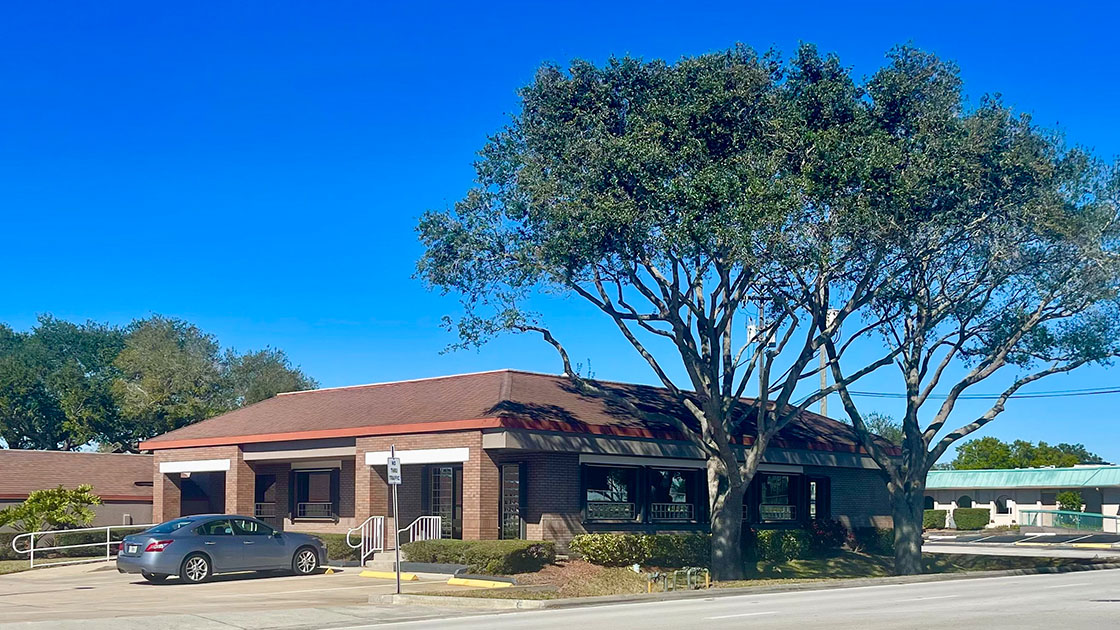BLEEDING: You may notice slight bleeding from the surgical site for a period of 1-3 days. This type of minor bleeding may result in a pink discoloration of your saliva. This is not unusual and is not a major concern. If excessive bleeding occurs, moisten the gauze you have been given with cold water, fold it, and place it on top of the surgical area with gentle, firm pressure for 30-40 minutes. Recheck the area and replace the gauze if bleeding still persists. If this fails you can place a moistened tea bag (not herbal tea) against the bleeding site for 15 minutes. If at any time you notice formation of large blood clots or the bleeding is not lessening, please contact us at once. DO NOT disturb the surgical site. DO NOT spit. DO NOT use straws. DO NOT drink carbonated liquids. DO NOT rinse your mouth for 24 hours.
SWELLING: It is normal for swelling to last up to 3-5 days after surgery. Application of ice packs to the cheek, lip, or jaw for intermittent periods (10-20 minutes on and 10-20 minutes off) will help to reduce swelling and will relieve some discomfort. Ice packs are effective for only the first 24-36 hours after surgery. Afterwards, warm moist compresses should be used instead of ice packs.
DISCOMFORT: Dental surgery may be associated with varying degrees of discomfort depending on the specific procedures involved and the individual pain tolerance of each patient. Most of the pain should subside after the 2nd or 3rd day however, minor pain may last as long as 7-10 days after the completion of surgery. Take the pain medication as prescribed immediately after surgery before the local anesthesia “wears off”. Take all medications only as instructed. Generally, medications should not be taken on an empty stomach.
IMPORTANT: Driving or operating dangerous equipment while taking narcotics (pain medication) can be very dangerous. Also, you should not consume alcohol while taking narcotics.
ANTIBIOTICS: If you were given an antibiotic prescription, take them according to instructions until finished.
DIET: Proper nutrition is important to insure good healing. Drink plenty of liquids. High protein foods and liquids are desirable for a 3-5 day post-operative period. Room temperature soft foods are recommended for at least the first 24 hours. Avoid hot temperature or ice cold liquids and foods for the first 24 hours for this may cause bleeding. During the next 48 hours room temperature soft foods are recommended. You can resume eating solid foods thereafter as tolerated but avoid spicy, hard, and crunchy foods during the first week. Chewing should be predominately done on the opposite side of the surgical site.
ORAL HYGIENE: Continue to brush and floss the teeth that were not involved in the surgery or covered by the periodontal dressing. The surgical area should not be disturbed for the first week post-operatively. Rinsing with the recommended mouthrinse can begin 24 hours after surgery and will help keep the surgical site clean during healing. Rinse twice daily for 30 seconds in the AM and PM then do not rinse, eat, or drink for one hour.
CARE OF THE DRESSING: The dressing hardens within an hour. If a dressing has been placed over the surgical area, please try to not disturb it. The dressing is primarily for comfort. If the dressing should become loose or fall off and there is no increase in the level of discomfort, replacement of the dressing is unnecessary. If small pieces of the dressing break off, do not be concerned.
SMOKING: Please do not smoke during the post-surgical period, because wound healing will be delayed and/or compromised. An infection may develop due to smoking. If you cannot quit completely, you should at least refrain from smoking for the first 24-48 hours to avoid interfering with the healing process.
PHYSICAL ACTIVITY AND EXERCISE: It is extremely important to avoid strenuous physical activity during your immediate recovery period for at least 5-7 days. This will help to leave the surgical site undisturbed. Take it easy with a less stressful schedule for a few days to allow your body to heal properly.
MEDICATIONS: Patients taking birth control medication must utilize an additional birth control method if concurrently placed on antibiotics. Some of the suggested or prescribed medications may/will interfere with the effectiveness of the birth control.
IMPORTANT: All routine MD/DO prescribed medications should be resumed after the completion of the dental surgery as close to schedule as possible unless otherwise instructed.
FOLLOW-UP CARE: Please return to our office for follow-up care if instructed, or as required. Remember, we are here to serve and help you throughout your surgery and recovery. We cannot assist you unless we know you need our help.
TOOTH EXTRACTIONS: Please follow the same instructions for tooth extractions as well as periodontal or implant surgery. You may be given additional case specific instructions.
If you are experiencing difficulty or are in doubt about your recommended medication or progress of healing, please call 407-751-0777.


